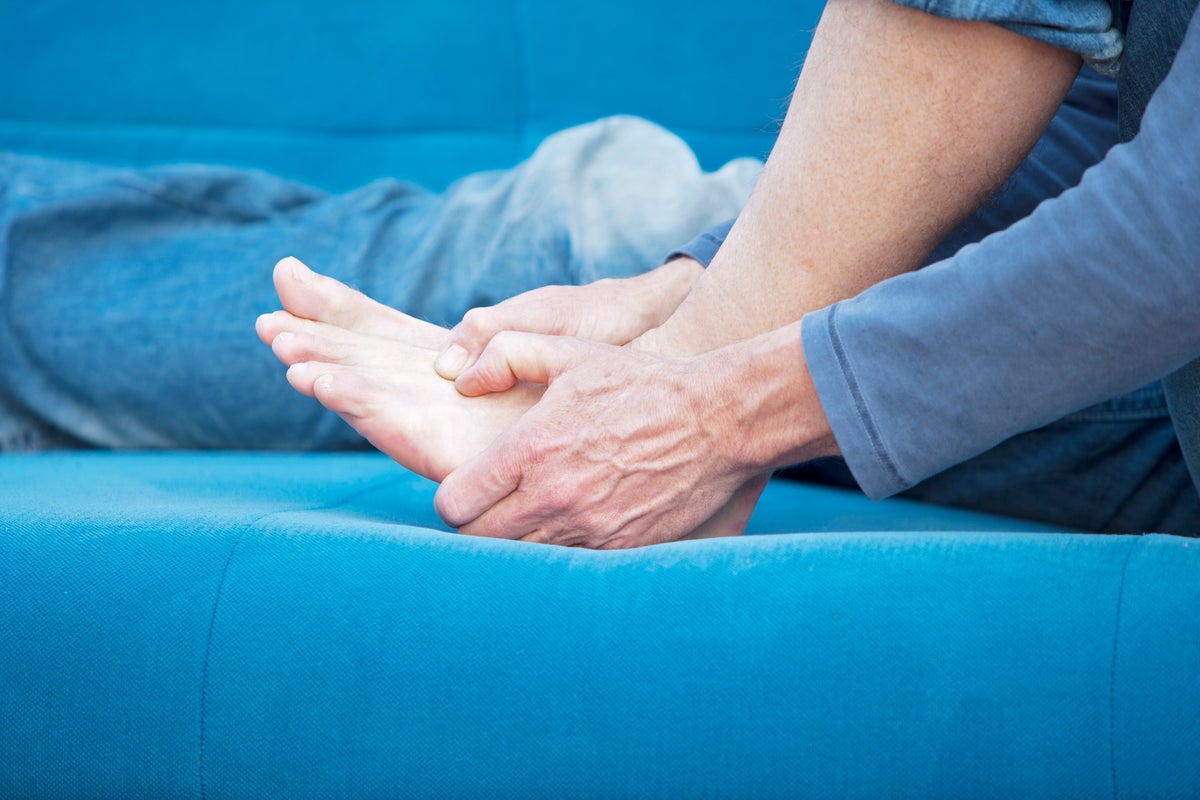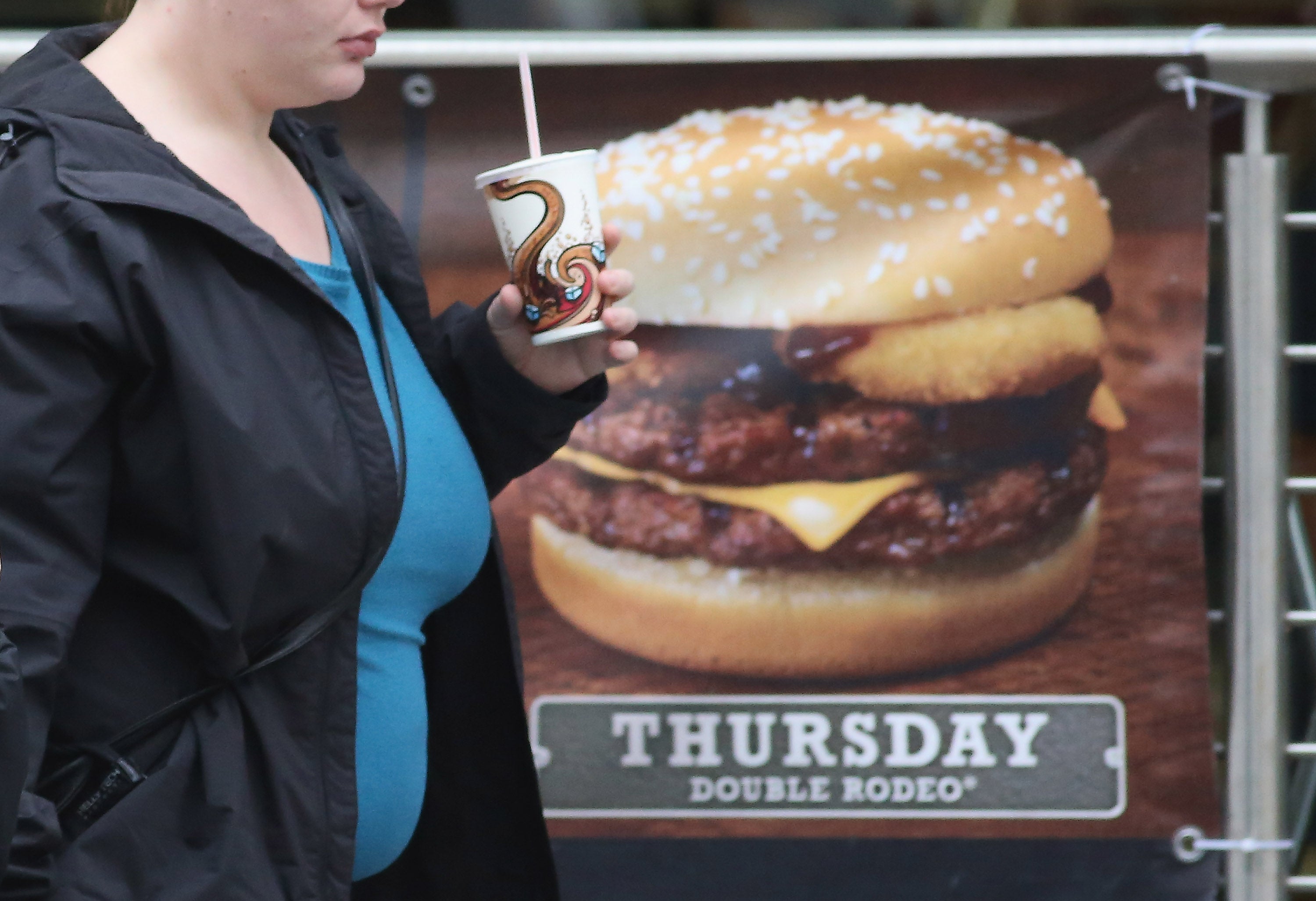
Gout has surged in England, with unhealthy lifestyles during lockdown blamed for the rise.
Cases of the illness commonly associated with a diet of wealthy excess rose more than 15 per cent in the three years to 2021/22 to a total of 236,000, provisional NHS England data shows.
The data corresponds with surveys that found people were binge-eating more and exercising less in periods of lockdown from March 2020 onwards.
Gout is a type of arthritis that causes severe joint pain. It can lead to hot, swollen red skin around an affected joint, and can affect hands, feet, knees, elbows and wrists. A flare-up can last for a week.
The condition was first identified in 2,640BC by the Egyptians and was later referred to by Hippocrates – the Ancient Greek physician viewed as the father of modern medicine – as the “unwalkable disease”.
It is associated with obesity, bad diet and high blood pressure. Fatty foods and alcohol can fuel the illness.
Tam Fry, from the National Obesity Forum, told The Sunday Telegraph: “Forget Falstaff, Henry VIII and the rich Victorians who made gout infamous. Today’s Elizabethans are eating and drinking them all under the table.”
Mr Fry said gout sufferers were not being adequately supported by the NHS. He said: “Gout sufferers are miles from getting the treatment they need and their appalling care is little better than that delivered in the days of the dark ages.”

Data from Evergreen Life, an app which supplies data to the government on the health of around 800,000 users, found people were exercising less and gaining weight as the pandemic went on.
Most respondents said unhealthy eating habits were the main reasons behind their weight gain.
Other studies pointed to an increase in unhealthy eating during lockdown, with the Institute for Fiscal Studies (IFS) finding calorie consumption was far higher than usual in 2020.
The number of calories consumed from takeaways was double the average while calories consumed from supermarkets was 10 per cent higher.
The government launched an obesity strategy in the same year that targets advertising and promotions for junk food.
However, ministers were criticised for postponing anti-obesity measures earlier this year in response to the cost of living crisis.







